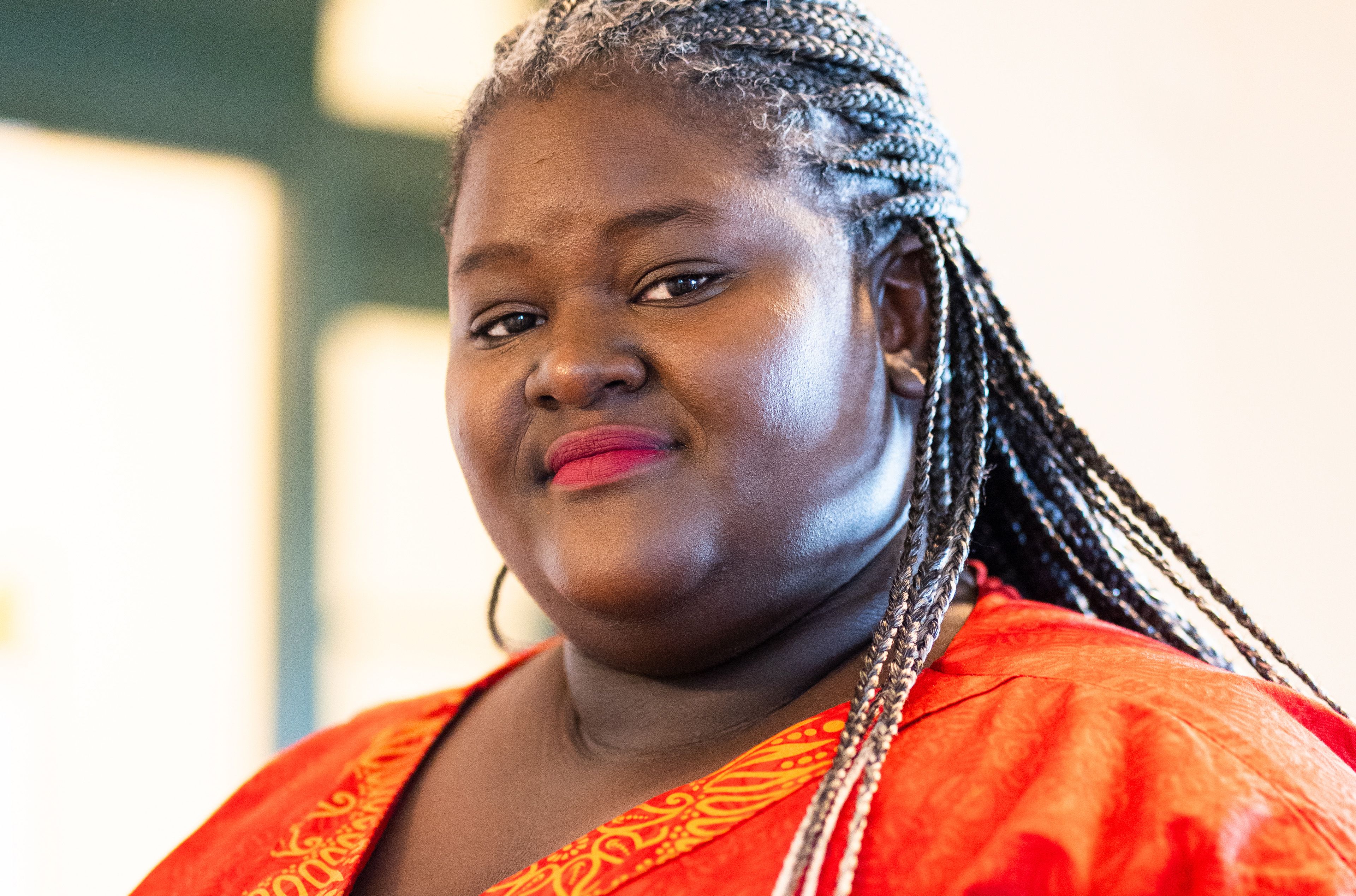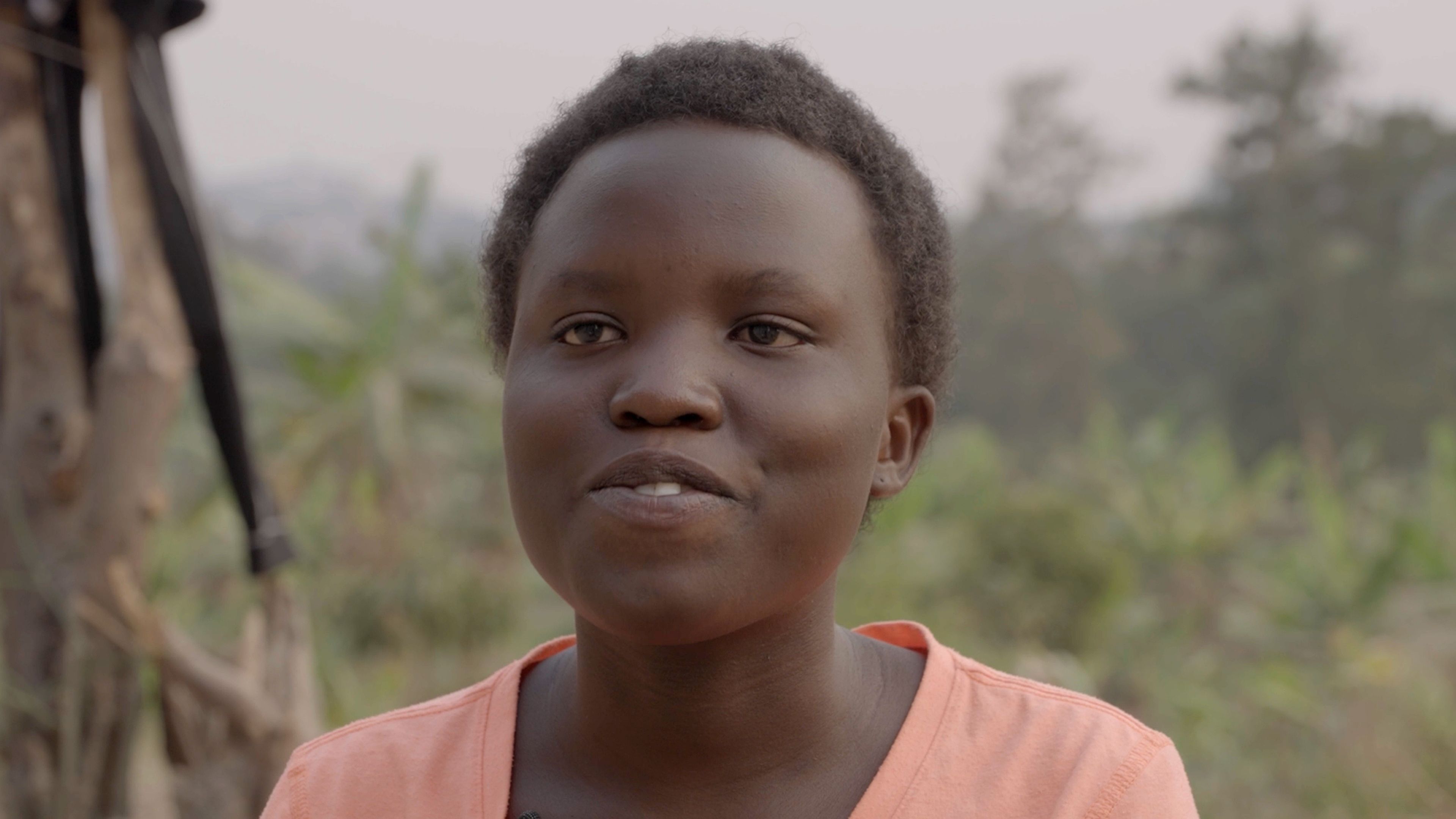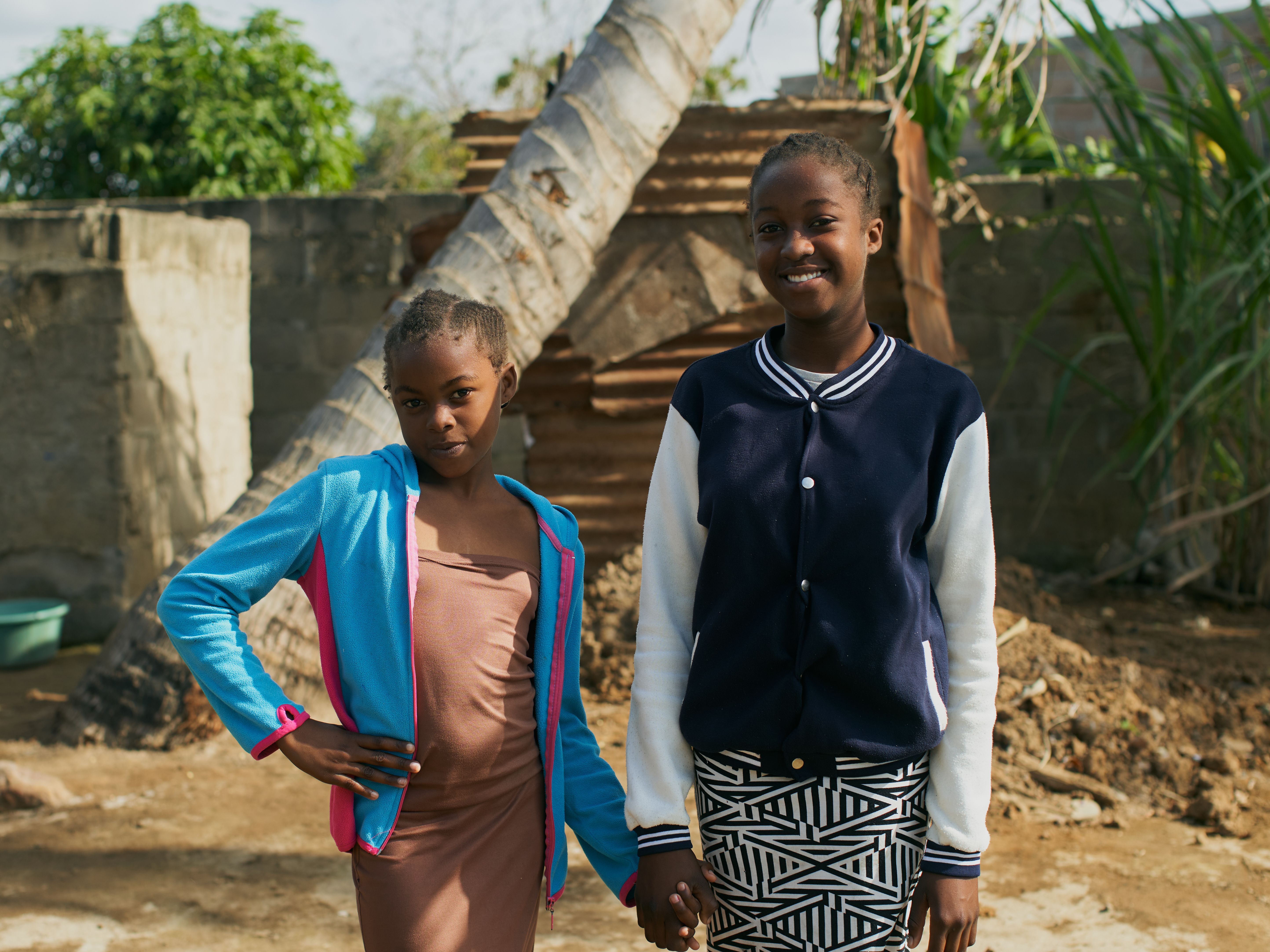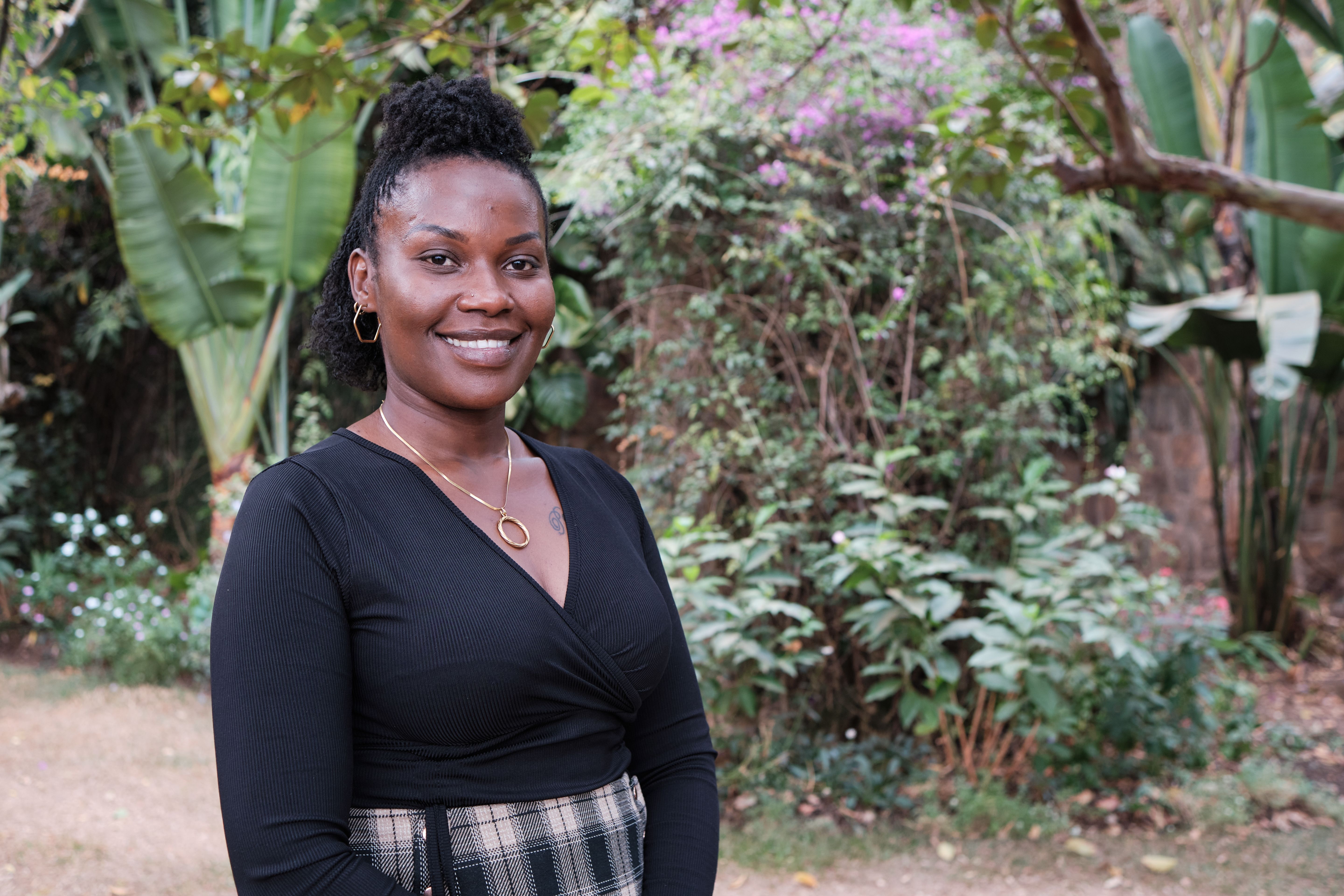
Filette’s Story
Rwanda

Filette is 14 years old and lives on the outskirts of Kigali in Rwanda. Like so many children in her community, she knows the burden of malaria all too well. When she fell sick from the disease most recently, she had to miss school, including important end-of-year exams.
“I had to take all my exams at once when I came back,” Filette explains. “It was really stressful. You can’t score well when you’re taking them all at the same time.”
But missing exams was only part of the problem – for many families, malaria has a heavy financial impact.
Filette’s mother doesn’t have a regular income, and caring for her daughter meant staying home, unable to go out and look for work. “She couldn’t leave me alone when I was sick,” Filette says. For families like hers, missing a day’s work can mean losing the money needed to get by, which they can ill afford when there are medical bills to pay.
Filette is hopeful about what a malaria-free future could look like. “It would be amazing if no one got sick from malaria anymore. All the children would play freely and not miss classes. No one would die from the disease. Hospitals wouldn’t be filled with people who are critically ill, and families wouldn’t lose money trying to get treated. Every child would be happy.”
Filette pauses and adds: “Sometimes, when you have malaria, you feel like you’re going to die.”
The facts back up the weight of her words. In Rwanda alone, there were just over 500,000 malaria cases and over 3,349 deaths reported in 2023. Though the country has made significant progress that has seen an 87% reduction in cases since 2017, there’s still work to do.
For those who underestimate the devastation that malaria can bring or think it isn’t dangerous, Filette has a message. “Many children do die from it. But I’m a survivor - you have a reason to hear my story.”
Thankfully for Filette and future generations of children, Rwanda is leading the fight to reach zero malaria – thanks in a large part to the 60,000 community health workers that have been deployed across the country. These workers have been critical to reducing the number of malaria cases and hospital admissions by giving people like Filette rapid access to testing and treatment. Without them people often reach medical help too late, risking their lives.
Thanks to determination and leadership over the past few years Rwanda is on track to reduce malaria incidence by 90% by 2030. If this continues, reaching zero malaria in Rwanda may become a reality.







